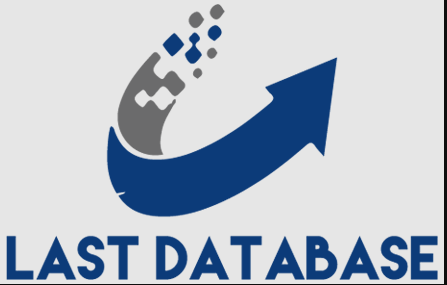B2B Email Lists Evolution Adapting for Modern Business Success
In the rapidly evolving landscape of modern business, the utilization of B2B email lists has undergone a significant transformation. Once considered a basic tool for outbound marketing campaigns, B2B email lists have now evolved into a strategic asset that plays a pivotal role in driving business success. This transformation is a direct response to the changing dynamics of the market, technological advancements, and the increasing demand for personalized communication. Gone are the days when B2B email lists were compiled haphazardly, resulting in generic and often irrelevant communications. The evolution of these lists now demands a more meticulous and data-driven approach.
Modern businesses understand
The importance of quality over quantity. Rather than amassing a vast number of contacts, successful organizations focus on curating a Azerbaijan B2B List targeted and segmented list. By leveraging customer data and employing sophisticated analytics, businesses can identify their most promising prospects and tailor their messaging to cater to specific needs. Personalization has emerged as a linchpin of modern B2B email lists. Generic emails are promptly discarded, while personalized messages that resonate with the recipient’s pain points and aspirations garner attention. To achieve this level of personalization, businesses harness not only demographic data but also behavioral insights.
This might include tracking
Recipient’s interactions with previous emails, website visits, and engagement with content. Armed with this information, businesses can craft emails that establish a genuine connection and add value to the recipient’s experience. Advancements in AWB Directory marketing automation and artificial intelligence have further enhanced the efficacy of B2B email lists. Automation streamlines the process of sending out tailored emails, allowing businesses to maintain consistent communication without manual intervention.
AI-driven algorithms can predict the optimal timing for sending emails, increasing the chances of engagement. Moreover, AI-powered tools can analyze responses and interactions, providing valuable feedback for refining future campaigns. Compliance and privacy considerations have also spurred changes in the management of B2B email lists. As technology continues to advance, businesses must stay adaptable and innovative in their strategies to continue reaping the benefits of this evolving marketing asset.







